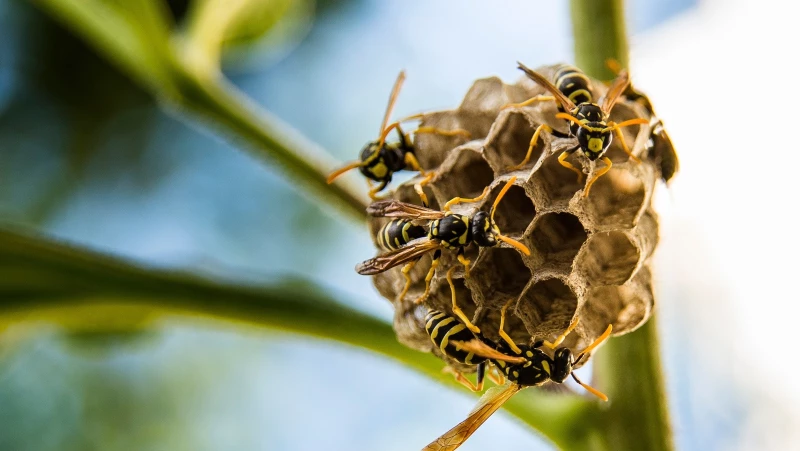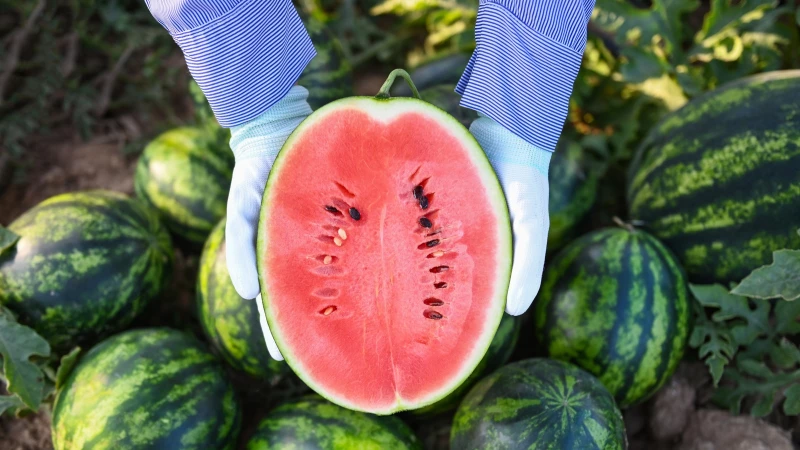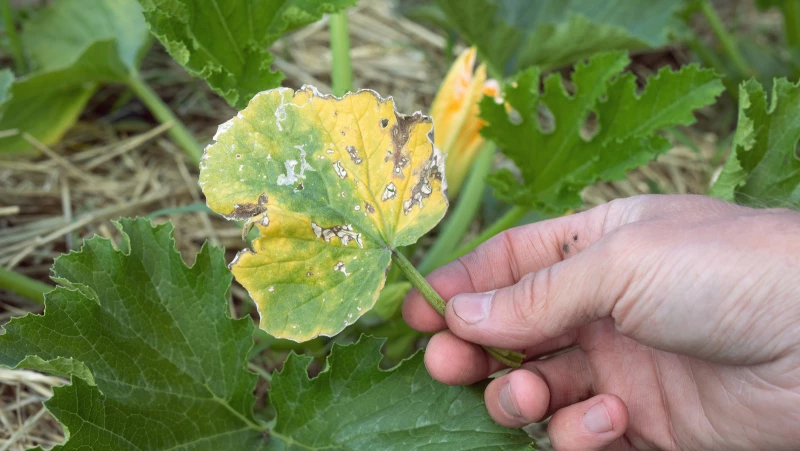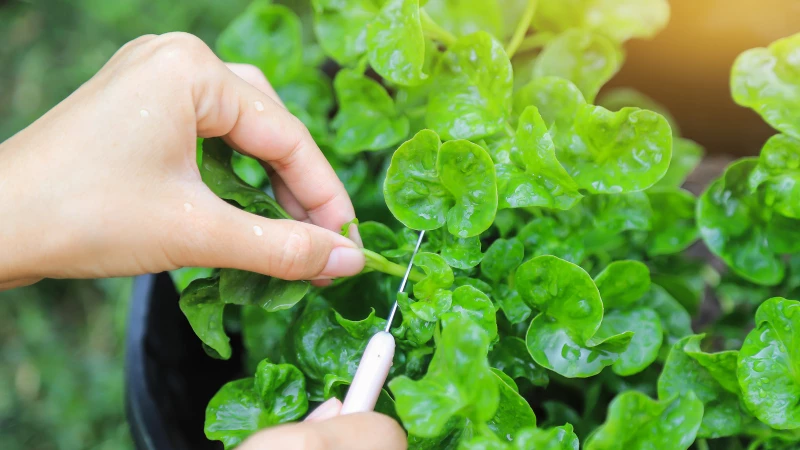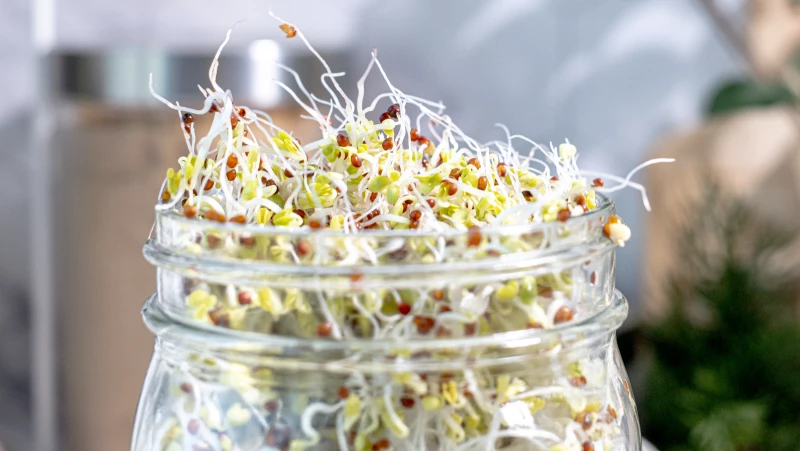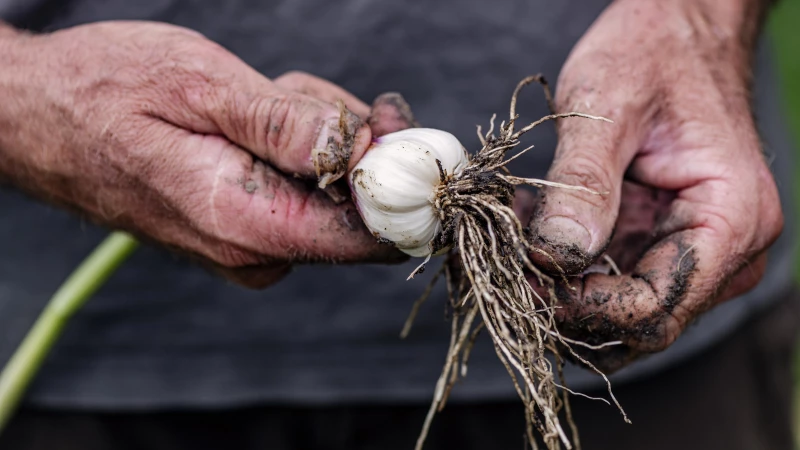The Power of Wormwood: A Natural Wasp Repellent
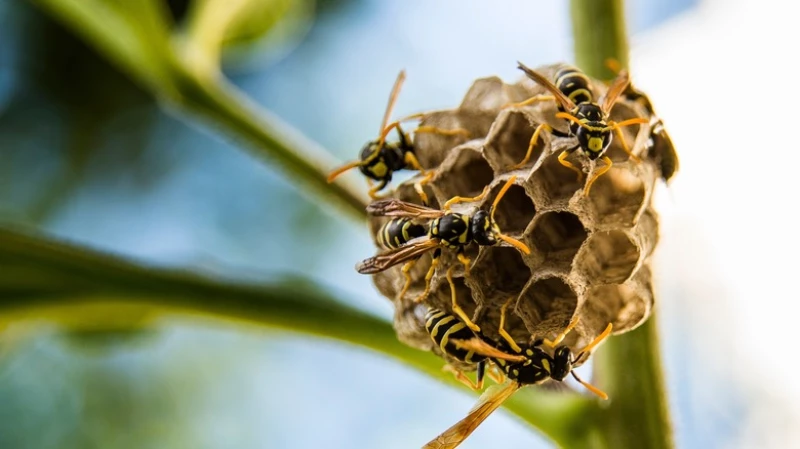
Wasps are not everyone's cup of tea. While they serve a vital function in the ecosystem, having them in or around your home and backyard can be stressful and dangerous. Anyone who has ever been stung by a wasp can attest to just how painful and uncomfortable their sting is. Even worse, when they build a nest in a frequently visited area of your backyard or porch, it can feel like you're constantly on the verge of being swarmed or attacked in your own home. No fun.
Luckily, a gorgeous, silvery, culinary, and medicinal aromatic herb is the answer to your waspy nightmares. Wormwood, also known as mugwort, part of the genus Artemisia, is a powerful herb that repels wasps and brings a lush, enchanting, and beautiful element to your garden and medicine cabinet. A significant plant in the history of medicine in Europe and Asia, this ancient beauty with a long history is a must for your garden. Artemisia absinthium contains a molecule used to create absinthe, which has a very bitter taste and smell that works wonders in repelling wasps from your home or yard.
Artemisia, also known as wormwood, mugwort, sagebrush, or cronewort, is a versatile herb that has been utilized in traditional medicine for centuries. This herb is renowned for its effectiveness in treating a wide range of ailments such as digestion issues, irregular menstrual cycles, fever, cough, and even malaria. Additionally, wormwood is believed to aid in lucid dreaming and connecting with ancestral and astral realms.
Considered a gateway herb in herbalism, wormwood is not only a visually striking plant in the garden but also a valuable asset in the kitchen and medicine cabinet. Its silvery leaves and tall spiking growth make it an attractive addition to borders or garden textures. In culinary applications, wormwood can be used similarly to sage or thyme. Revered as "crone-wort" or the "Mother of Herbs" within the herbalist community, this herb is believed to possess a wise feminine spirit capable of offering profound levels of healing.
Wormwood's benefits extend beyond medicinal uses and garden aesthetics. It is a popular choice for repelling pests, particularly wasps. Among various herbs used for pest control, wormwood stands out as the most effective solution for keeping wasps at bay.
Wormwood, known for its extremely bitter taste and smell, contains compounds that repel wasps due to their strong sense of smell. The bitterness of wormwood comes from the toxic compound absinthe, which is naturally harmful to insects. Bees and wasps are typically attracted to scents and pheromones emitted by flowers and plants, but wormwood releases a scent that acts as a warning signal to these bothersome insects. Many online testimonies attest to the effectiveness of using this plant to naturally deter wasps from areas like porches or patios.
If you want to utilize wormwood to keep wasps at bay, it's best to grow it in a pot, in your flower garden close to your home, or near the specific area you wish to protect. However, be cautious as wormwood can release absinthe into the soil, so avoid planting it near any edible plants as it may hinder their growth. When strategically placed among non-sensitive plants, its lush and silvery foliage can enhance the charm of your garden with a cottage-like feel. Place it in a sunny spot with well-draining soil near areas frequented by wasps, and observe as these insects retreat from your garden and avoid returning!

